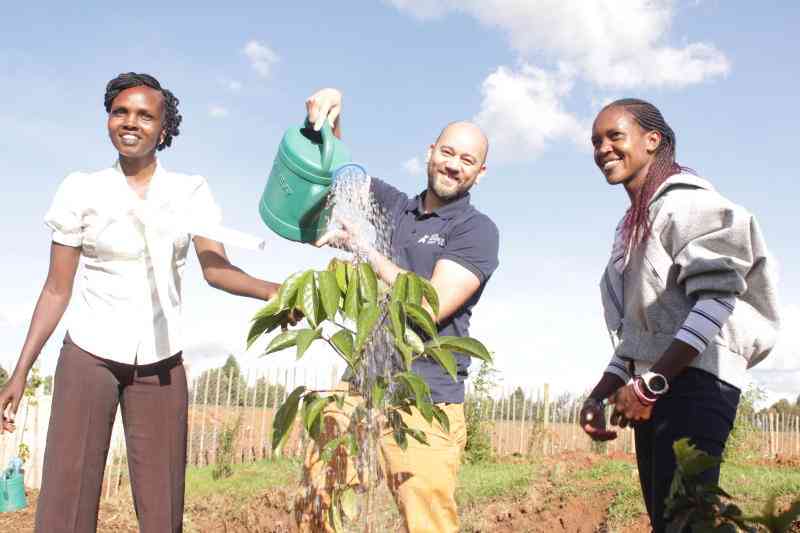×
The Standard e-Paper
Smart Minds Choose Us

It has now come down to desperate times for Kenyan athletes.
Today, head of the Athletics Integrity Unit (AIU) Brett Clothier is meeting Sports Cabinet Secretary Ababu Namwamba after a five-day fact-finding mission, and the renewed anti-doping war is likely to be top on the agenda.